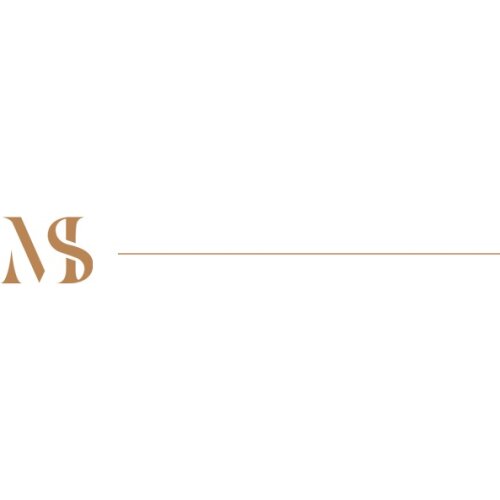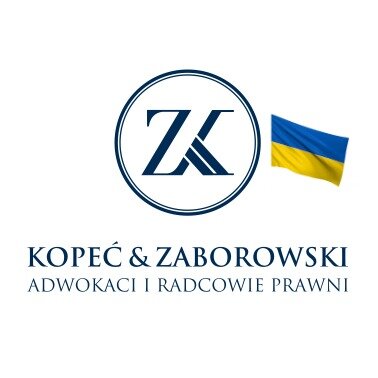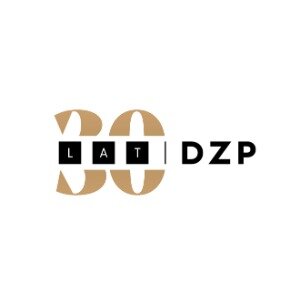Best International Trade Law Lawyers in Warsaw
Share your needs with us, get contacted by law firms.
Free. Takes 2 min.
List of the best lawyers in Warsaw, Poland
About International Trade Law in Warsaw, Poland
International Trade Law in Warsaw, Poland, is a complex field that combines elements of both domestic and international legal frameworks. Poland, being a member of the European Union and the World Trade Organization, operates under a legal system that incorporates EU regulations and international agreements. This legal landscape ensures that trade activities crossing Poland's borders align with global standards and regional policies. Warsaw, as the capital and economic hub, is central to Poland’s trade-related legal affairs. The city hosts numerous law firms and specialists proficient in navigating the multifaceted cases involving imports, exports, customs regulations, trade agreements, and dispute resolution.
Why You May Need a Lawyer
There are several circumstances where legal assistance in International Trade Law might be necessary for individuals and businesses in Warsaw, Poland. Key situations include:
- Establishing or managing cross-border trade agreements.
- Handling disputes related to international sale contracts.
- Compliance with import/export regulations and customs duties.
- Resolving trade finance issues including letters of credit and international payments.
- Navigating anti-dumping and other trade remedy laws.
- Managing intellectual property issues in international markets.
- Addressing concerns related to trade sanctions or embargoes.
Local Laws Overview
The legal framework for international trade in Warsaw encompasses several key aspects:
- Customs Code: Poland follows the EU Customs Code, which standardizes procedures for imports and exports.
- Trade Agreements: As an EU member, Poland adheres to the various Free Trade Agreements negotiated by the EU, which influence tariff rates and trade relations.
- VAT and Duties: Imports are subject to Value Added Tax and customs duties, which must be precisely calculated and submitted.
- Corporate Regulations: Companies engaged in international trade must comply with Polish corporate law as well as specific industry regulations.
- Dispute Resolution: Warsaw is a growing center for arbitration and mediation, offering various platforms for resolving trade disputes outside of court.
Frequently Asked Questions
What are the basic requirements for setting up an import-export business in Warsaw?
To establish an import-export business, you must register a business entity, obtain a European Union Economic Operator Registration and Identification (EORI) number, and ensure VAT registration.
How do Poland's trade regulations align with EU laws?
As an EU member, Poland's trade regulations are largely harmonized with EU policies, meaning compliance with EU regulations automatically ensures conformity with Polish laws.
What taxes or duties will I face when importing goods into Poland?
You will need to pay customs duties, which vary based on product classification, and a Value Added Tax (VAT) at the rate enforced for the particular goods. Anti-dumping duties may also apply under specific circumstances.
How can I resolve a trade dispute with an international partner?
Dispute resolution can be managed through negotiation, arbitration, or litigation. Arbitration is particularly favored for its efficiency and enforceability across borders.
Are there specific laws governing e-commerce in international trade?
Yes, there are specific laws such as the EU's eCommerce Directive and GDPR regulations that govern online trade and data protection which apply to Poland.
What is the role of the World Trade Organization in Poland’s trade activities?
The WTO establishes a framework for international trade to which Poland adheres, including rules on trade barriers, tariffs, subsidies, and dispute settlement.
How do I find reliable trade market information related to Poland?
You can access trade market insights through governmental bodies like Poland's Ministry of Economy or EU trade databases.
What are the penalties for non-compliance with Polish customs laws?
Non-compliance can result in fines, seizure of goods, and in severe cases, criminal charges. Legal counsel can help mitigate these risks.
How do international sanctions affect trade in Poland?
International sanctions imposed by the EU or UN can restrict trade with certain countries and entities, requiring diligent compliance checks.
Can foreign companies seek legal assistance in Warsaw for trade-related issues?
Yes, there are many law firms in Warsaw fluent in English and experienced in assisting foreign companies with international trade law issues.
Additional Resources
For further support, consider reaching out to these resources:
- Ministry of Development and Technology of Poland
- Polish Investment and Trade Agency (PAIH)
- European Union Taxation and Customs Union
- Warsaw Bar Association for a directory of certified lawyers
- World Trade Organization (WTO) for updates on global trade rules
Next Steps
If you require legal assistance in International Trade Law, consider these steps:
- Identify specific legal needs-such as dispute resolution or contract drafting.
- Research and reach out to specialized law firms or legal practitioners in Warsaw with expertise in international trade.
- Prepare any relevant documentation and a clear outline of your issues before consulting a lawyer.
- Consider initial consultations to evaluate the lawyer’s expertise and approach to your case.
Being proactive and informed will aid in selecting the right legal assistance to ensure compliance and protect your interests effectively.
Lawzana helps you find the best lawyers and law firms in Warsaw through a curated and pre-screened list of qualified legal professionals. Our platform offers rankings and detailed profiles of attorneys and law firms, allowing you to compare based on practice areas, including International Trade Law, experience, and client feedback.
Each profile includes a description of the firm's areas of practice, client reviews, team members and partners, year of establishment, spoken languages, office locations, contact information, social media presence, and any published articles or resources. Most firms on our platform speak English and are experienced in both local and international legal matters.
Get a quote from top-rated law firms in Warsaw, Poland — quickly, securely, and without unnecessary hassle.
Disclaimer:
The information provided on this page is for general informational purposes only and does not constitute legal advice. While we strive to ensure the accuracy and relevance of the content, legal information may change over time, and interpretations of the law can vary. You should always consult with a qualified legal professional for advice specific to your situation.
We disclaim all liability for actions taken or not taken based on the content of this page. If you believe any information is incorrect or outdated, please contact us, and we will review and update it where appropriate.

















